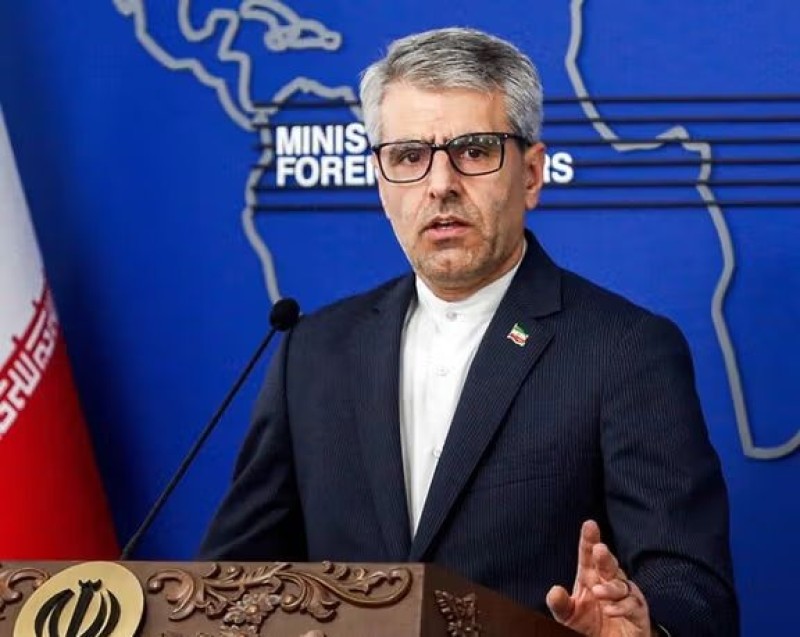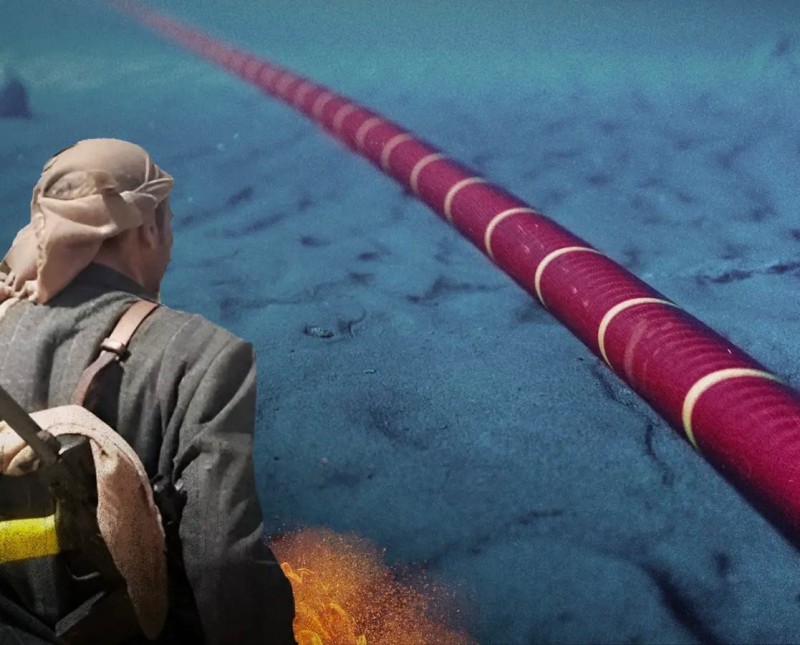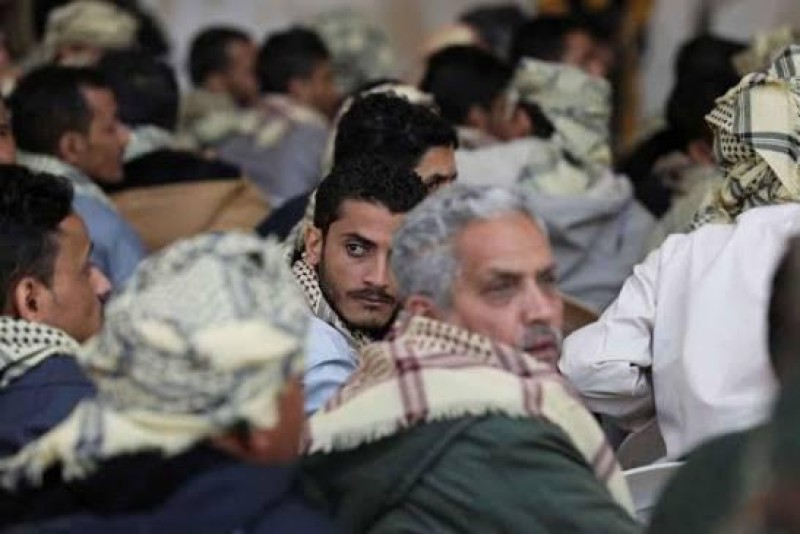Biden aide says Iran helps plan, execute attacks by Yemen's Houthis


The United States believes that Iran is involved in the planning and execution of drone and missile attacks by Yemen's Houthi group on Israel and ships in the Red Sea, a senior aide to U.S. President Joe Biden said on Thursday.
The comments by deputy White House national security adviser Jon Finer are among the most explicit to date by a U.S. official alleging Iranian involvement in the Houthi attacks.
Finer spoke hours after the United States imposed new sanctions aimed at throttling what U.S. officials say is Iranian financial support for the Houthi strikes.
The Houthis "would not have the weaponry, would not have the intelligence, would not have the motivation to do this, were it not for the role of the IRGC," Finer told an Aspen Security Forum conference in Washington, using the acronym for Iran's Islamic Revolutionary Guard Corps.
"They're involved in the conduct of these attacks, the planning of them, the execution of them, the authorization of them, and ultimately, they support them," he continued.
Iran has denied any involvement in the strikes.
The Houthis say they have been staging the attacks against Israel and Israeli ships in the Red Sea in response to the offensive Israel launched against Tehran-backed militant group Hamas in Gaza after its Oct.7 rampage into Israel.
Washington has said that U.S. warships have downed missiles and drones fired by the Houthis but the Pentagon says it is not clear that the American vessels were actually targeted.
U.S. warships also have intercepted attacks on commercial ships that the U.S. military says were linked to multiple nations.
Finer said that the U.S.S. Carney, a destroyer, downed dozens of missiles and drones headed towards Israel early in the Gaza conflict, calling it a "remarkable act of defense of Israeli territory."
Asked whether U.S. warships in the region were defending Israel, Finer said he did not know the munitions' ultimate destination. Biden has authorized U.S. naval vessels to down munitions passing in their vicinities, he added.
SANCTIONS TARGET FUNDS FOR HOUTHIS
The sanctions announced on Thursday by the U.S. Treasury were part of the U.S. response to the attacks and "enablers of the Houthis' military capability out of Yemen," Finer said.
The sanctions targeted 13 individuals and entities for allegedly funneling tens of millions of dollars in foreign currency to the Houthis from the sale and shipment of Iranian commodities.
The U.S. Treasury said in a statement that the IRGC, Iran’s paramilitary and espionage force, backed the scheme involving a complex web of currency exchange houses and firms in multiple countries.
The sanctions freeze all properties and interests in the United States of those targeted and generally prohibit Americans from conducting transactions with them.
The Treasury said that the targeted network involved Said al-Jamal, a key "Iran-based Houthi financial facilitator," and Bilal Hudroj, who runs a Lebanon-based exchange house, both of whom already are under U.S. sanctions.
Jamal for years has used a web of exchange houses in Yemen and abroad to funnel the proceeds of Iranian commodity sales to the Houthis and the IRGC, the Treasury said, adding that Hudroj has assisted in the remittances to the Houthis.
The entities and individuals hit in the latest sanctions include a jewelry shop and exchange house in Turkey, the Treasury said, as well as exchange houses, shipping agents and individuals in St. Kitts and Nevis, Britain and Russia.

Tehran — Iranian Foreign Ministry spokesman Ismail Baghaei has voiced concern over the latest developments unfolding in Yemen, particularly i…

A new media report has revealed that Google is embarking on a major subsea cable initiative, dubbed Blue Raman, in a strategic move to establish a…

Muscat – Thousands of Yemeni families are anxiously watching the ongoing prisoner exchange talks in Muscat, Oman, hoping for a breakthrough t…